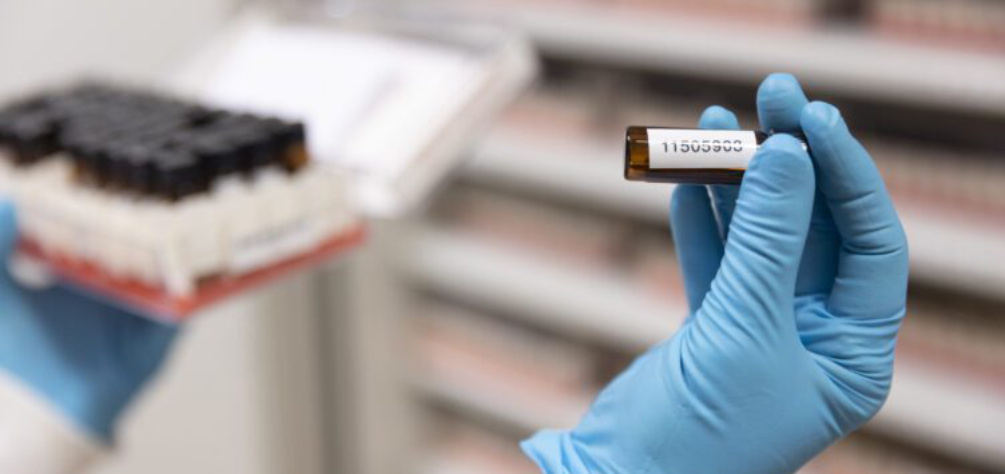Artificial Intelligence and Cancer: International Conference at CNIO with groups creating a “new paradigm” for cancer research

Artificial intelligence is already helping to search for new methods of treating cancer, diagnose tumors earlier, and find out who is most at risk of developing cancer. Leaders in the field say AI represents a paradigm shift. Indeed, the cancer research community is immersed in an accelerated learning process to make the most of the new opportunities offered by the new tool.
Next week National Cancer Research Center (CNIO) hosts a conference on artificial intelligence and cancer, organized by three world-renowned institutions: Columbia University (USA); Barcelona Supercomputing Center (BSC); and the CNIO itself.
At the conference, approximately thirty researchers from Europe and the United States will present their work to a CNIO audience that is expected to be packed. The program was developed by leaders in the field such as Raoul Rabadan, Alfonso Valencia And Maria A. Blasco.
Rabadan is a theoretical physicist trained at the Universidad Autónoma de Madrid and now a computational biologist who heads the mathematical genomics program at Columbia University (an unusual career that even took him to CERN, Europe’s particle physics laboratory). Valencia He heads the Department of Life Sciences at BSC and is one of the pioneers of bioinformatics in Spain. Maria A. Blasco She is the director of CNIO.
It will involve some of the leading researchers in this field in Spain, such as Joaquin Dopasofrom the Andalusian Platform for Computational Medicine and Fatima Al-ShahrourHead of the Bioinformatics Department at CNIO. Groups from the universities of Vigo and Castilla-La Mancha are also represented.
On behalf of the CNIO, Al-Shahrour will talk about how single-cell analysis—a strategy that generates large volumes of data that AI helps interpret—is driving the search for new treatments (Atlas of Therapeutic Cancer Cells). Oscar LorcaDirector of the Structural Biology Program at CNIO, will present advances in understanding how proteins work thanks to AI and their implications for cancer research. Jeff McIntyreHead of the Computational Oncology Group at the CNIO, will explain the use of artificial intelligence to predict tumor development in each patient. Nuria Malac will discuss the utility of image analysis in clinical cancer epidemiology.
New artificial intelligence program at CNIO
CNIO will create new artificial intelligence program at CNIOwith new research groups. This is possible thanks to the allocation of 4.6 million European NextGenerationEU funds to promote digital talent (managed by Red.es, the Ministry of Digital Transformation and the Public Service). These new groups will be able to provide comprehensive support to all research at the center. The technologies most commonly used in cancer research, such as genomics and proteomics or imaging technologies, generate enormous volumes of data, and artificial intelligence is needed to draw informed conclusions from them.
Access more information about taking responsibility in our digital library of shared responsibility publications.
